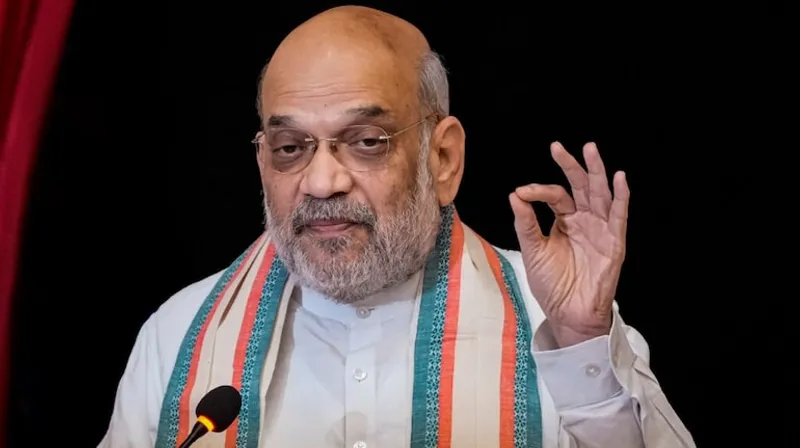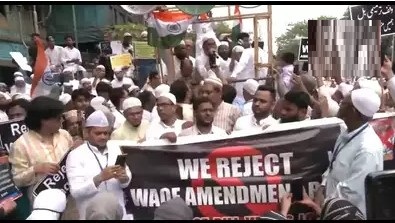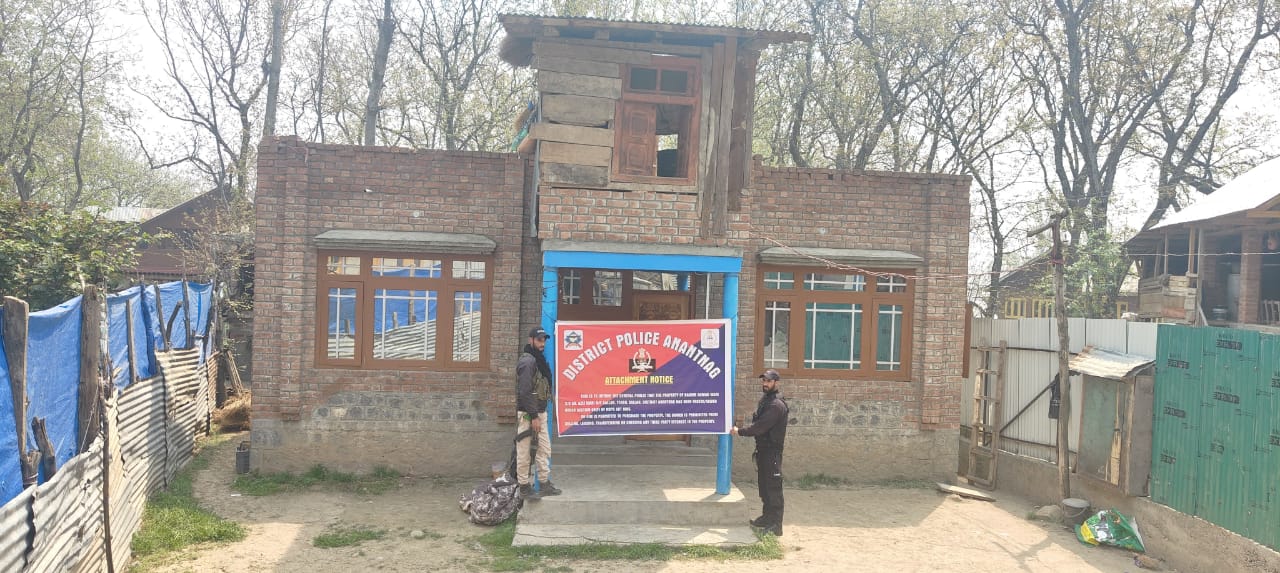New Delhi/Kolkata/Chennai/Ahmedabad –
The recently passed Waqf Amendment Bill, 2025, has sparked a wave of protests across major Indian cities, including Kolkata, Chennai, and Ahmedabad, with thousands taking to the streets on Thursday. Demonstrators allege that the new legislation undermines the autonomy of Waqf institutions, centralizes control, and threatens community-owned religious properties.The bill, which was passed in both Houses of Parliament earlier this week, has stirred controversy for what critics call an “overreach” by the Centre into the administration of religious endowments.
Kolkata:
Protesters assembled in large numbers at Park Circus Maidan and Esplanade, holding placards that read “Save Our Waqf” and “Stop Interference in Religious Rights.” The protest, organized by several Muslim organizations and student unions, witnessed speeches from religious scholars and human rights activists. Traffic in central Kolkata was disrupted for several hours.
Chennai:
In the Tamil Nadu capital, demonstrators marched towards the State Secretariat, chanting slogans and demanding the immediate repeal of the bill. The Triplicane and Marina Beach areas saw a surge in footfall, with organizations like the Tamil Nadu Muslim Munnetra Kazhagam (TMMK) and other community groups leading the agitation.
Ahmedabad:
Large crowds gathered near Juhapura, Kalupur, and Relief Road, with slogans raised against the “unconstitutional” aspects of the bill. The protest was largely peaceful, but heavy police deployment was seen to prevent any escalation. Local leaders called the bill “an assault on religious freedom.”
Prominent opposition leaders, including members of the Congress, Trinamool Congress, DMK, and AIMIM, have sharply criticized the bill, accusing the government of bypassing consultations with stakeholders and pushing through a law that could marginalize the minority community.
Trinamool Congress MP Mahua Moitra called it “a blatant attempt at centralized control,” while AIMIM Chief Asaduddin Owaisi labeled it “anti-federal and anti-minority.”
Some Waqf Boards have reportedly begun exploring legal options, including approaching the Supreme Court to challenge the bill’s constitutionality.









